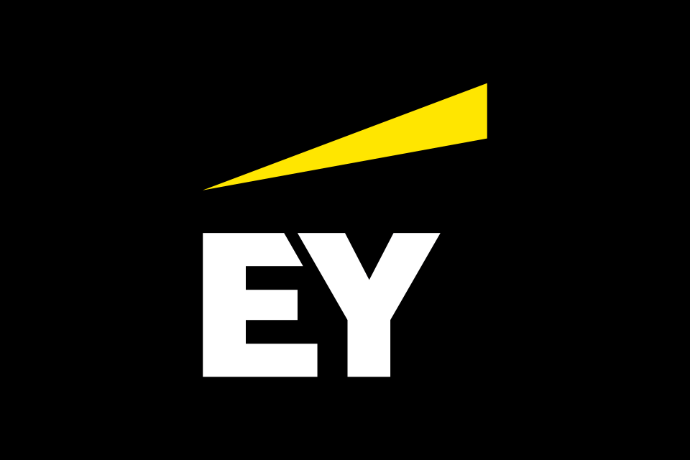An independent review has confirmed that a decision to close Nigel Farage’s accounts at Coutts was lawful and “made in accordance with the relevant bank policies and processes.”
While Travers Smith, which conducted the independent report, deemed the decision a legal one, it highlighted shortcomings in how the decision was reached, how the bank communicated with Mr Farage, and how it treated his confidential information.
The report also found that Coutts did not comply with some of the Financial Conduct Authority’s (FCA) rules because no complaint was logged for several months after it was made.
The Natwest-owned private bank was engulfed in a storm of controversy earlier this year when then Natwest chief executive Alison Rose admitted giving inaccurate information to the BBC about the closure of Nigel Farage’s Coutts account.
Rose told the broadcaster that the prominent Brexiteer was refused an account with Coutts because he “fell below the financial threshold” required to hold an account at Coutts.
Farage subsequently submitted a subject access request to Coutts bank and obtained a report from the bank's reputational risk committee which reportedly said the committee did not think that continuing to have Mr Farage as a client was "compatible with Coutts given his publicly stated views that were at odds with [its] position as an inclusive organisation.”
The fallout led to Rose’s resignation and the dismissal of Coutts’ chief executive Peter Flavel.
Apologising to Farage, NatWest group chairman Howard Davies said it would make “substantive changes” to its policies and procedures and make sure any similar situation does not happen again in future.
“This report sets out a number of serious failings in the treatment of Mr Farage,” he said. “Although Travers Smith confirm the lawful basis for the exit decision, the findings set out clear shortcomings in how it was reached as well as failures in how we communicated with him and in relation to client confidentiality.”
Having viewed the report, the FCA said it had confirmed to both firms that it is now reviewing how the firms’ governance, systems and controls are working to identify and address any significant shortcomings.
“This supervisory work will include use of our statutory information gathering powers, interviews with relevant bank staff and reviews of appropriate policies or procedure,” it said.
Latest News
-
Gemini to cut quarter of workforce and exit UK, EU and Australia as crypto slump forces retrenchment
-
Bank ABC’s mobile-only ila bank migrates to core banking platform
-
Visa launches platform to accelerate small business growth in US
-
NatWest to expand Accelerator programme to 50,000 members in 2026
-
BBVA joins European stablecoin coalition
-
eToro partners with Amundi to launch equity portfolio with exposure to ‘megatrends’
Creating value together: Strategic partnerships in the age of GCCs
As Global Capability Centres reshape the financial services landscape, one question stands out: how do leading banks balance in-house innovation with strategic partnerships to drive real transformation?
Data trust in the AI era: Building customer confidence through responsible banking
In the second episode of FStech’s three-part video podcast series sponsored by HCLTech, Sudip Lahiri, Executive Vice President & Head of Financial Services for Europe & UKI at HCLTech examines the critical relationship between data trust, transparency, and responsible AI implementation in financial services.
Banking's GenAI evolution: Beyond the hype, building the future
In the first episode of a three-part video podcast series sponsored by HCLTech, Sudip Lahiri, Executive Vice President & Head of Financial Services for Europe & UKI at HCLTech explores how financial institutions can navigate the transformative potential of Generative AI while building lasting foundations for innovation.
Beyond compliance: Building unshakeable operational resilience in financial services
In today's rapidly evolving financial landscape, operational resilience has become a critical focus for institutions worldwide. As regulatory requirements grow more complex and cyber threats, particularly ransomware, become increasingly sophisticated, financial services providers must adapt and strengthen their defences. The intersection of compliance, technology, and security presents both challenges and opportunities.
© 2019 Perspective Publishing Privacy & Cookies













Recent Stories